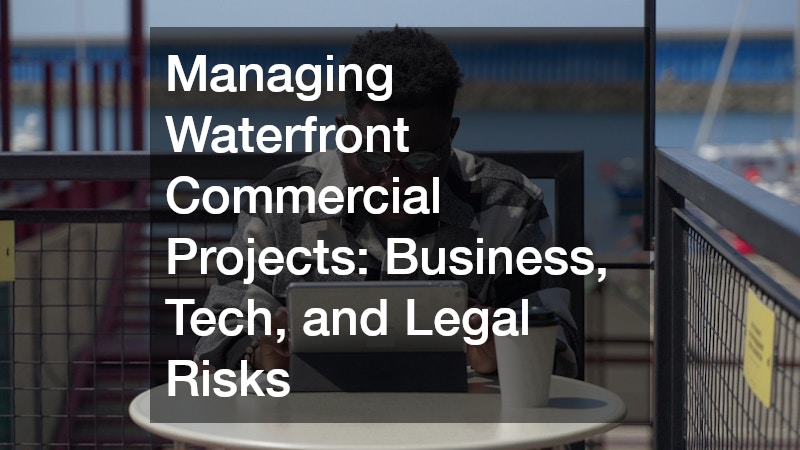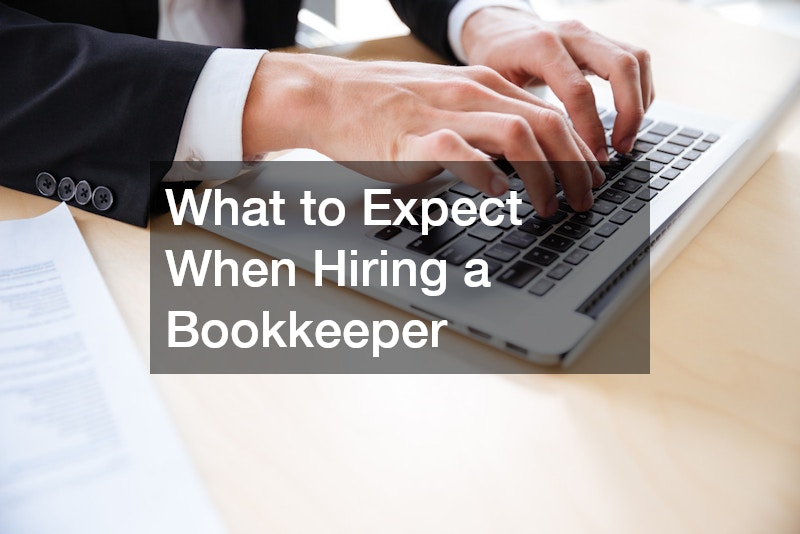Making the right financial decisions while in your early career can have a significant impact on your future. Many young adults make the mistake of assuming they don’t have enough money to invest, but there are many simple investments anyone can make. You just have to be willing to start small and think long-term. Here are a few simple investments to consider.
1. Invest in yourself.
One of the best investments you can make is your own education and career development. Investing in yourself will pay off in the form of higher earnings potential and greater job security. Even if you cannot return to school full-time, there are many ways to invest in your career, such as taking courses, attending professional development workshops, or joining industry organizations.
You can also invest in your health and well-being, which will help you be more productive and can decrease healthcare costs down the road. Eating healthily, exercising regularly, and getting enough sleep are all essential components of self-care. Don’t forget to also invest in your mental health, which is just as important as your physical health.
2. Invest in a retirement savings plan.
It is never too early to start saving for retirement. If your employer offers a retirement savings plan, such as a 401(k) or 403(b), take advantage of it and start contributing as soon as possible. If your employer offers matching contributions, make sure to contribute enough to get the entire match. Even if you can only afford to contribute a small amount each month, it’s essential to start now so that your money has time to grow.
Some retirement savings plans have investment options, such as stocks and mutual funds. If you’re unsure where to invest your money, speak to a financial advisor. They can help you determine what investment options are suitable for you based on your risk tolerance and financial goals.
3. Invest in real estate.
Real estate is a more speculative investment than stocks or mutual funds, but it can be a lucrative one if you pick the right property and manage it well. If you’re thinking of investing in real estate, make sure you do your research and consult with a professional before making any decisions. You can easily find a property for sale that meets your investment criteria by searching online or contacting a real estate agent.
But you’re not limited to investing in property. You can also invest in other real estate-related ventures, such as vacation rental properties or storage units. Just make sure you understand the risks involved before making any commitments. Different types of real estate investments can require different levels of time and money, so choosing something right for you is essential.

4. Invest in a small business.
If you have always dreamed of owning your own business, now is the time to make that dream a reality. Investing in a small business can be risky, but it can also be gratifying. Some small businesses require very little start-up capital, so you can get started with a relatively small investment.
Of course, starting your own business is not for everyone. If you’re not sure you’re ready to take on the risk, you can still invest in a small business by becoming a silent partner or investing in a franchise. This will give you a hands-on role in the industry while allowing someone else to manage the day-to-day operations.
5. Invest in a 529 college savings plan.
If you have children, one of the best investments you can make is their education. A 529 college savings plan is a tax-advantaged way to save for college. You can use the money you contribute to a 529 plan to cover tuition, room and board, books, and other eligible expenses.
States and educational institutions offer 529 plans, so there are various options to choose from. Some 529 plans are investment-based, while others are prepaid tuition plans. There are also different rules and regulations for each type of plan, so it’s essential to do your research before picking a 529 plan.
6. Invest in a health savings account.
Because healthcare costs are constantly rising, investing in a health savings account (HSA) is essential. You can use an HSA to pay for eligible medical expenses. To qualify for an HSA, you must be enrolled in a high-deductible health insurance plan.
If you’re healthy and don’t have many medical expenses, you can let your HSA balance grow tax-deferred. And if you do have medical expenses, you can use your HSA funds to cover them tax-free. You can even use HSA funds to pay for insurance premiums.
There are a variety of simple investments you can make while you’re in your early career. Your best investment will depend on your goals, risk tolerance, and financial situation. But no matter what you decide to invest in, remember to do your research and consult with a professional before making any decisions.










